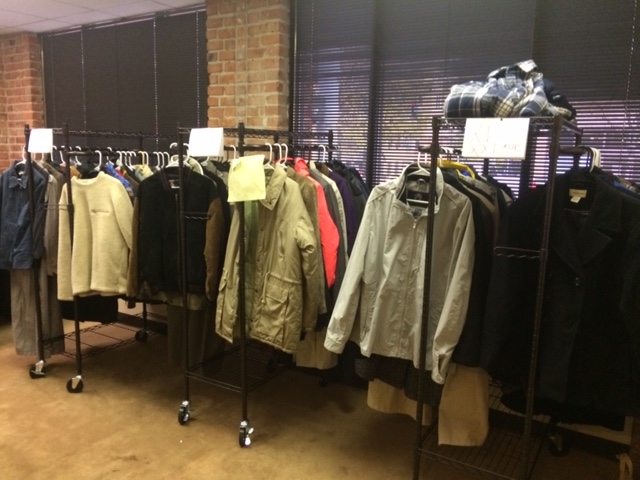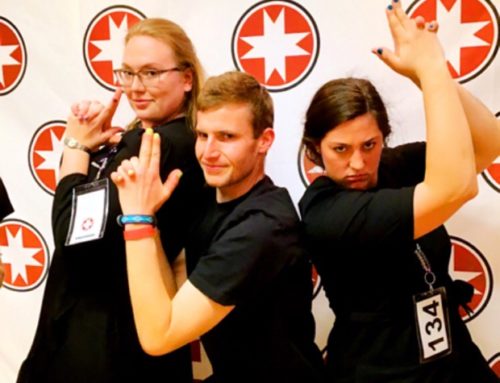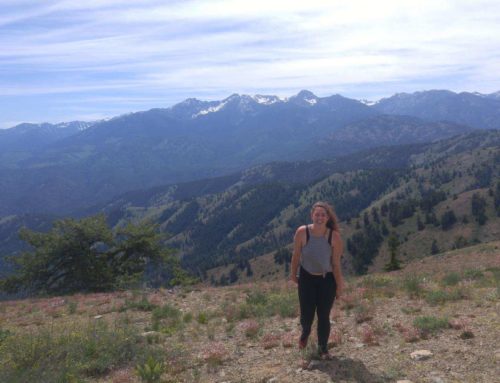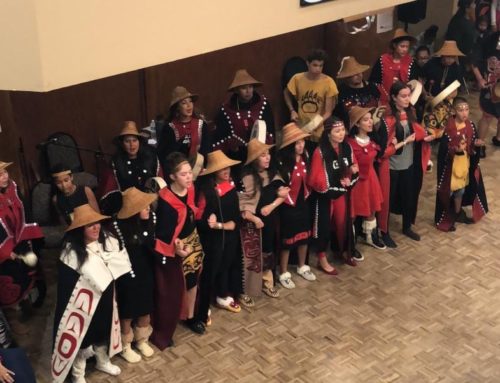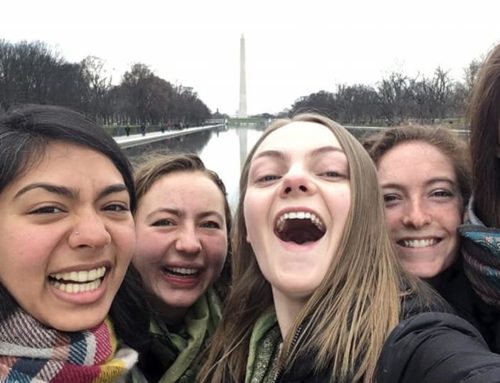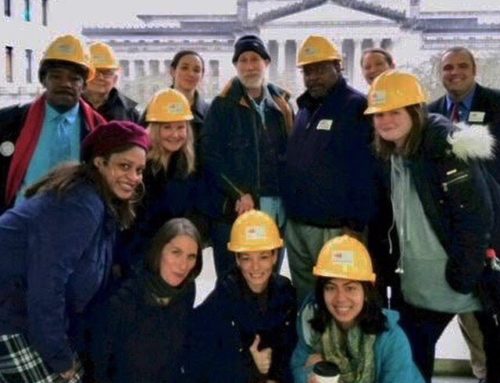by Hope Harvey
My job at REACH, above all, is engaging with our clients-homeless men and women who have the added vulnerability of struggling with drug addiction. I am there to greet people, to inquire about their days, to engage their creativity with art projects, or to just be there to listen to stories of the injustices that they face in their daily lives. I have had some of the most stimulating conversations there, from Fibonacci’s occurrence in nature to the reality of experiencing a governmental sweep and losing every single thing you own in a matter of minutes. One thing that I hear almost every day is the relief clients feel when they enter our doors. No judgement. No shame. Just support.
No judgement. I have had a relatively privileged life compared to many of the people who seek services at REACH. I have never been homeless. I have never experienced the deep struggle of drug and alcohol addiction. But as a young, physically disabled presenting woman of color, the lack of judgement at REACH has truly been an inspirational experience. To come to a place where people are seen in the here and now, by who they are instead of how they present, is a privilege in itself. Which brings me to topic I really wanted to talk about within this Quaker space.
I first heard about Harm Reduction as an undergrad senior. I wanted to work on ending the War on Drugs and address issues of inequalities in our system of mass incarceration. And one concept kept cropping up in everything I was doing. I wanted to view drug users with a more compassionate view-Harm Reduction. I wanted to explain the reason why we should take the oppression incarcerated people experience into consideration when sentencing crime-Harm Reduction. And it is at REACH where my theoretical concepts of harm reduction have finally hit the road. REACH meets people where they are-homeless and currently using drugs-and still tells them that as human beings they are worthy. That they are worthy of help and respect.
We all have biases about homeless people and drug use, especially depending on our individual experiences. And I am most proud to be part of QuEST because despite our own experiences we are all part of a truly revolutionary concept-funding a position where young people practice the belief that the most vulnerable people in our communities are human beings who deserve compassion, respect, and support.
